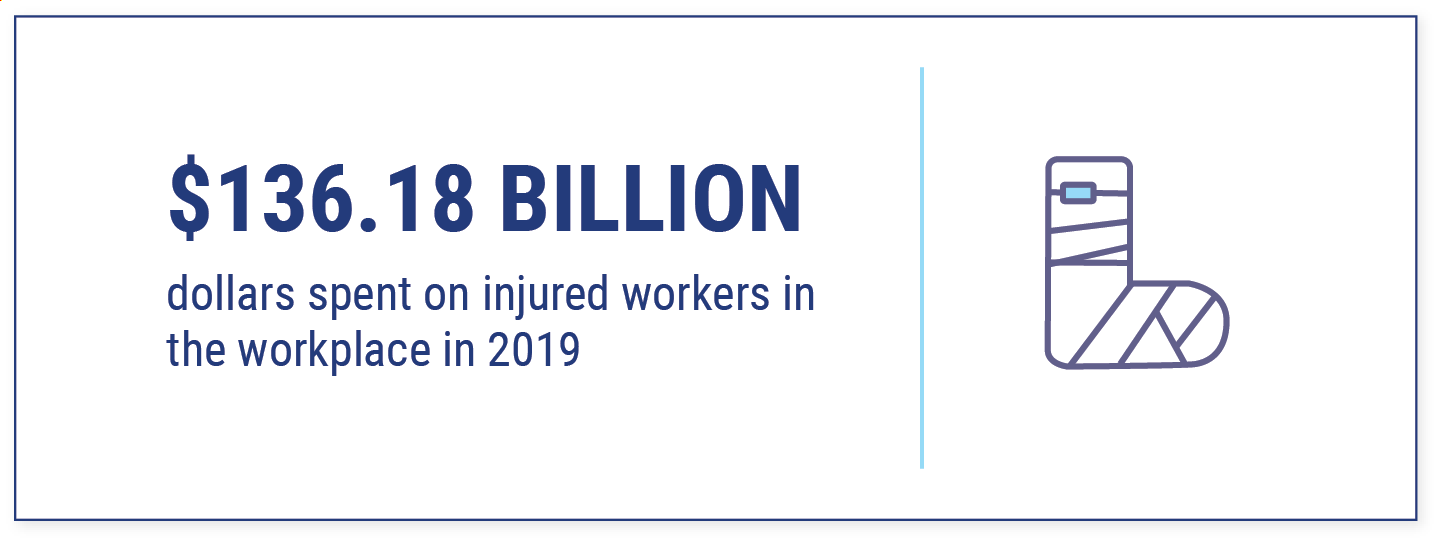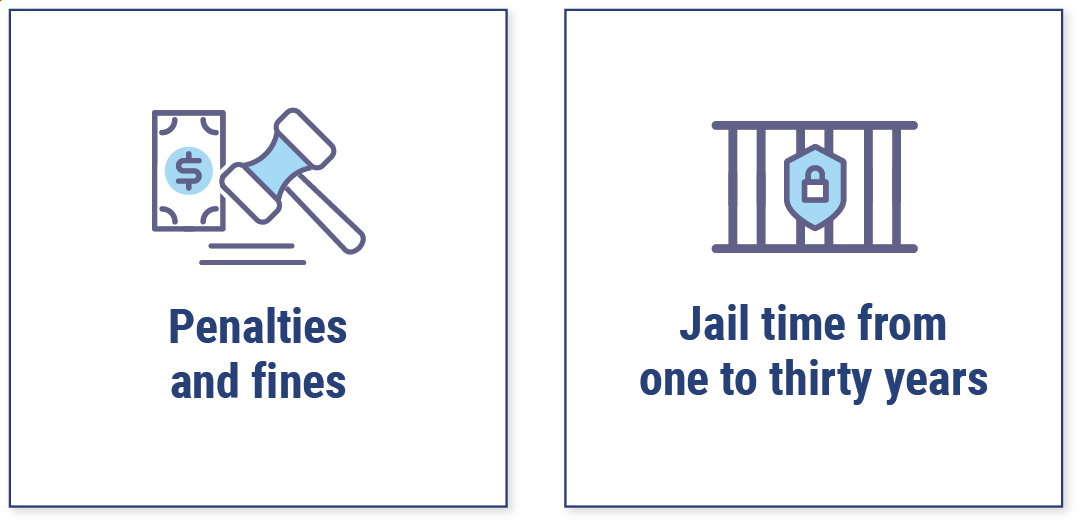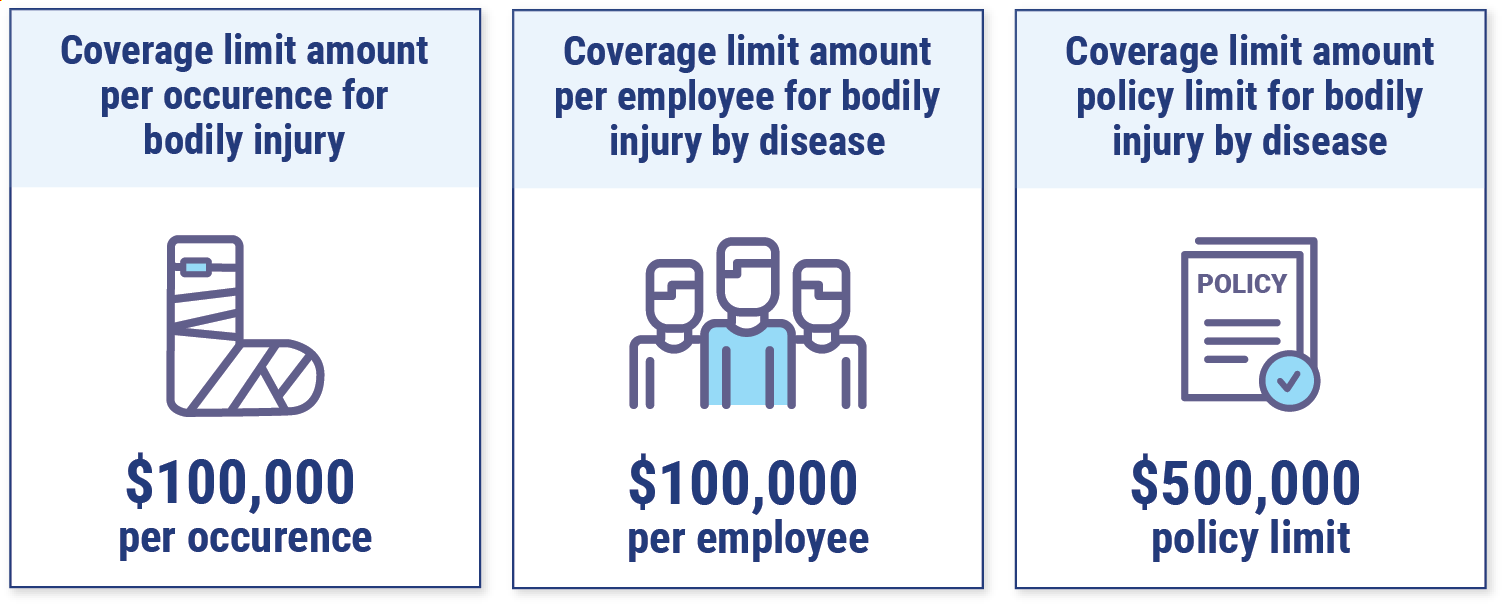Work Comp Filing Process
How to file claims successfully

As a 1099 worker, it is your duty to obtain workers' compensation insurance to better protect yourself. But knowing how and when to file a workers' compensation claim can be tricky if you've never done it before.
Your independent insurance agent can help when it comes to workers' compensation claims. They know just how to handle them and how to keep handling them once the claim is filed. There are a few things you should really be aware of as a 1099 worker when it comes to workers' compensation.
What Does Your Workers' Compensation Policy Cover?

What your workers' compensation policy covers is a big deal. The answer is medical expenses arising from the following:

- Physical injury

- Mental illness as a result of problematic working conditions

- Illness as a result of problematic working conditions
This policy will also pay for lost wages, usually up to two-thirds, and disability if it applies.
How the Claims Process Works
When filing a workers' compensation claim, it's important to know how the process will take place. Workers' comp state laws vary somewhat, but the claims process should be fairly similar no matter where you are. A good independent insurance agent will already be ahead of the game and will have gone over this with you prior to a claim taking place. But just in case you haven't found your agent yet, here's how it goes.
1.) Report claim to an independent insurance agent
2.) Agent reports to the insurance carrier
3.) Insurance carrier assigns an adjuster
4.) An adjuster gathers all the facts from all parties
5.) The adjuster reports facts to the insurance carrier
6.) The insurance carrier makes a final decision if the claim falls within its policy form
7.) The insurance carrier either approves or denies the claim
8.) If the claim is approved, the claimant will be given funds to pay for medical expenses associated with the claim along with lost wages and even disability if applicable
Where to Get Answers for Filing a Claim
Filing a claim doesn't have to be a horrible experience. In fact, it's what insurance is for and should really be your agent's and your insurance company's time to shine. That being said, the best place to get answers is through your independent insurance agent. When dealing with the claim, they are the go-between and know how each party operates, and thus can smooth things over and present claims in a good light.
An independent insurance agent is your knight in shining armor when it comes to claims time and they are prepared to answer your questions. No 1099 worker wants to be handling a claim through a 1-800 number or dealing with an insurance adjuster by themselves. It's best to bring in the experts and your agent is just that.
Number of Workers' Compensation Claims

In the USA alone there were $136.18 billion dollars spent on injured in the workplace in 2019 according to a recent study. That's billion with a "b". Talk about a lot of Benjamins, and unless you want to be on the receiving end of that bill, adequate coverage is a must. Your independent insurance agent can help, so let them.
Failure to File a Workers' Compensation Claim
Failing to file a workers' compensation claim could result in consequences you may not be prepared to deal with, such as denial of a claim for filing too late which would mean an out of pocket expense for you. It could even result in dropped workers' compensation coverage.
Now, if you misfile or misrepresent an insurance claim that's on a whole other level. That can cross the line right into insurance fraud and you don't want to be responsible for that. Considering fraud is a legal offense, you will now have the government to deal with, and that's just not worth the risk.
Workers' Compensation Insurance Fraud Laws
Insurance fraud is a big deal. Filing a claim that isn't real or has been manipulated all in an effort to get a large payout from the insurance company should be taken very seriously mainly because it lacks integrity, but also because the consequences could be dire to you and your business.
Some insurance fraud consequences:
- Penalties and fines ranging from hundreds to thousands of dollars
- Jail time from one year to thirty years

The result of filing a faulty workers' compensation claim and being caught isn't worth the risk. An employee can file a false claim wanting a payout for an injury or exaggerated illness. An employer can misclassify an employee to avoid them filing a claim in the first place, and a healthcare provider can extend the injury or illness to continue getting payment from an insurance company. As the employer, you set the stage. And by setting up proper safety practices and a clean claims reporting process, you can help curb the chances of false claims being filed.
Filing a Claim on Your Workers' Compensation Policy
Filing a claim on your workers' compensation policy is easy-peasy. All you have to do is call your independent insurance agent. They will get the claim started with the carrier from there:
1.) An adjuster with be assigned to you as a 1099 worker
2.) The adjuster will give their recommendation from their findings to the insurance company
3.) The insurance company will find your claim valid or invalid and payout accordingly
If the claim is to be found valid then the carrier will pay for any medical expenses and wages until you are fully recovered according to a physician and ready to go back to work.
What's Covered Under a Workers' Compensation Policy?
It's good to know the basics of what's covered under a workers' compensation policy. The more you know, the better off you are. Leaning on your independent insurance agent as a resource is also very beneficial, but as a 1099 worker you should also know the gist and they go something like this.
The basics are like this for a workers' compensation policy:
Coverage limit amount per occurrence for bodily injury
Coverage limit amount per employee for bodily injury by disease
Coverage limit amount policy limit for bodily injury by disease

Put it all together and it looks something like this: $100,000 per occurrence/$100,000 per employee/$500,000 policy limit
By the way, the $100,000/$100,000/$500,000 are the bare minimum basic statutory limits that are typically required by law for every employer or independent contractor to carry.
What Is Not Covered?
By now you should have a pretty good understanding of what a workers' compensation insurance is and how to file a claim. But you should also be aware of what it's not going to cover. A good place to start is with a workers' compensation policy as a whole.
What's not covered under a workers' compensation policy:
- Full wages (This is lost income, and it will only cover partial usually up to two-thirds of regular pay.)
- Non-work-related injury or illness (This is crossing the line into insurance fraud which is discussed next.)
- Coverage more than what is offered on the policy (Once your policy limits are exhausted for any one claim, that's it. There is no more coverage and it has officially become a personal problem.)
Benefits of an Independent Insurance Agent
Independent insurance agents have access to multiple insurance companies, ultimately finding you the best coverage, accessibility, and competitive pricing while working for you. And as your company grows and your needs change, they'll be there to help you adjust your coverage, up or down, to make sure you're properly protected without overpaying. Find an independent insurance agent in your community here.
